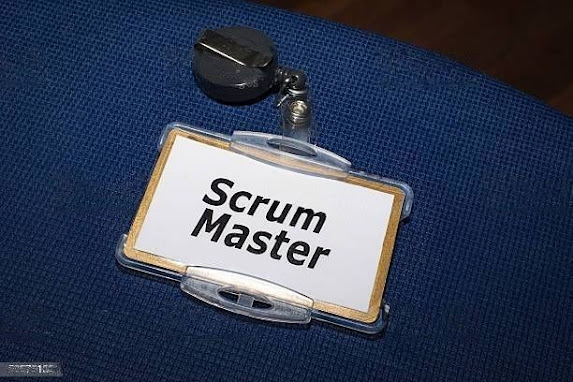Project Management Methodologies
It's possible (and probable) that you are delivering a project that involves getting other people to deliver results. This is compounded if you have several projects to manage. In order to leverage you and your time, you really will benefit from having a project management methodology.
If you do some research, you will soon find that there are plenty of project management methodologies 'out there', and that can soon lead to a feeling of overwhelm. This article gives you the 3 things you should consider when creating or adopting your own methodology.
1. Simplicity
Experience tells me that many people who are thrust into projects often have little or no experience of the skills and discipline of project management. As project manager, you have enough to do without training your project team as well. So your methodology must be simple to understand and simple to do.
The methodology should be straightforward enough that anyone, whatever their level of understanding, can pick up and run with the project, and concentrate on actually delivering results.
All projects follow the same four stages:
Think It (and start!)
Plan It
Do It
Complete It
So your methodology should follow that process. Don't make it any more complicated than that.
2. Management
Whilst you may have a 'delivery' role within the project, you must remember that you are the project manager, not the project 'do-er'. So, you need a methodology that sets up the necessary management structure, accountabilities and assurances, so you can do your job properly, and everybody else knows what theirs is.
Within every project there are some pretty standard processes, and a good methodology will include those as standard. These include understanding who the interested parties are (aka stakeholders), what the risks may be, and how you manage change.
3. Leverage
Projects are confined by boundaries. The boundaries range from a budget, a deadline or resources available. In order to get the best out of everyone, leverage is the key. You need to be able to maximize every resource you have available to you, human, financial or otherwise.
Project management methodologies set out very clearly all of the processes and activities that need to be done. Add some simple templates to the methodology, and you can concentrate your efforts on actually making the project outcomes real. You will have clarity of process, and will have more energy to make the most of the resources you have available.
If you are responsible for more than one project, you can't be in more than one place at once - so you need to 'box clever'. An effective project management methodology is a representation of you and your approach. If you put a good one in place, you should spend less time on process, thus freeing you to focus on influencing and negotiation. And this will really get your project moving.
Project management methodologies are essential tools in your project management armoury. They provide a clear structure, and essential guidance to project teams so everyone knows what is expected. You will need to take an educated view as to whether you introduce a tried and tested methodology or whether you create your own. Which way you go will be based on what is right for the team, the project and the organization. And the methodology you introduce at the beginning may evolve over time as people and knowledge grows.
Having a project management methodology is an investment, but one that is well worth making. That might be a pressure when you are already underway, but it will be worth the effort in the long run. Just make sure it's a methodology that gets results!



Comments
Post a Comment